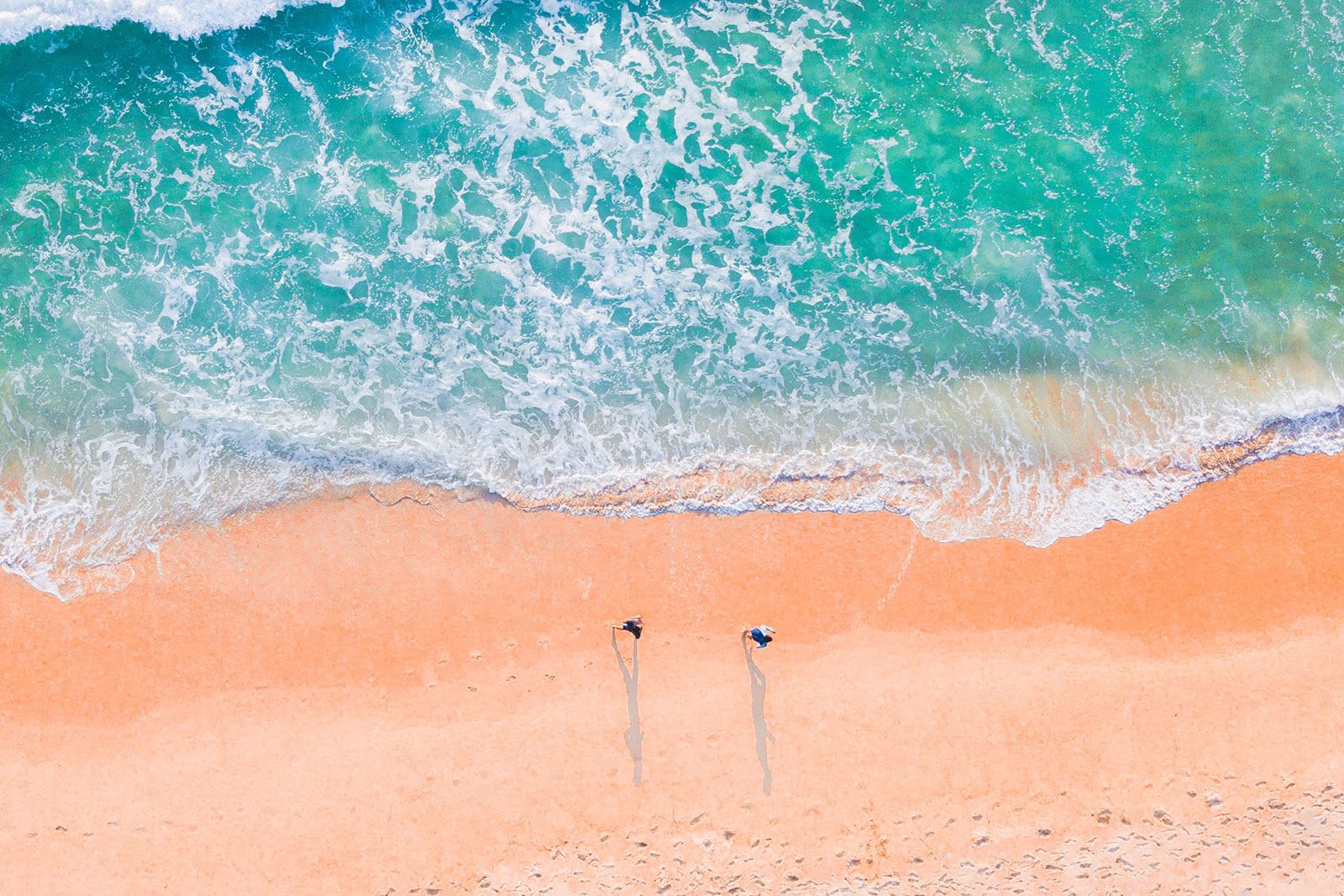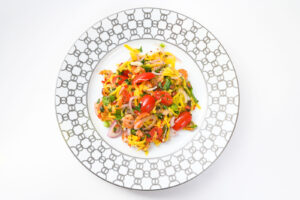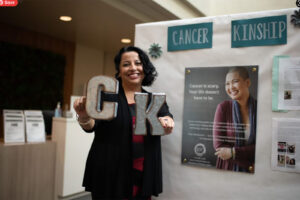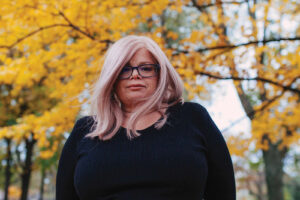The annual “Safe Sun Week,” launched by MedStar Health, takes place the week before Memorial Day and serves as added awareness on how to safely protect your skin from cancer risks before the summer heat kicks in.
“[Safe Sun Week] is typically in May because we want to catch people’s attention and drive awareness right before the summer months when school’s out and people start to go to the beach,” says Dr. Min Deng, a dermatologist affiliated with MedStar Health. “I think the goal is to drive that awareness [and] to remind everyone as they start making plans for the summer to protect themselves from the number one cancer: skin cancer.”
While some people may not want to put on sunscreen on top of other facial products, Deng notes it’s now easier than ever to protect your skin from the damaging effects of UV rays with many facial products containing sunscreen.
“Ideally, I prefer an SPF of 50 or higher,” explains Deng. “Multiple studies have shown that people only put on a quarter of the amount that they’re supposed to apply to get that true SPF value that’s advertised, so for that reason I usually recommend for my patients to go up to an SPF of 50.”
Deng also recommends that you should look for at least SPF 30 in your daily moisturizer—that way, you can just put it on as part of your skincare routine.
When it comes to the ingredients in the sunscreen you choose, Deng’s number one recommendation is sunscreen containing zinc oxide as the main ingredient, as it has the most broad-spectrum coverage. Her second choice would be titanium dioxide, followed by the chemical sunscreen ingredient avobenzone.
Deng notes that while chemical sunscreens can be more cosmetically elegant, they aren’t as protective as options containing zinc oxide or titanium dioxide.
“I know there’s been a lot of attention in the last two years about the absorption of the ingredients. A reason I don’t like them quite as much is because their coverage isn’t quite as broad-spectrum as zinc,” she says. “[There have also] been a lot of environmental concerns about coral reefs. For these reasons, I tend to steer my patients toward zinc oxide.”
Ultimately, Deng says that something is better than nothing when it comes to sunscreen, and if you’re going to participate in summer activities outdoors, you should reapply every two hours, increasing to every hour if you’re in the water.
“The most important reason why we emphasize sunscreen is that it’s there to prevent skin cancer. You won’t see it in a year, but once you accumulate that DNA damage, that just builds and builds, [and] it’s all added to the damage. We’re talking about skin cancer maybe 10 or 20 years down the road,” Deng says. “I would just encourage people to look for a broad-spectrum sunscreen with a formulation that allows them to wear it on a daily basis.”







